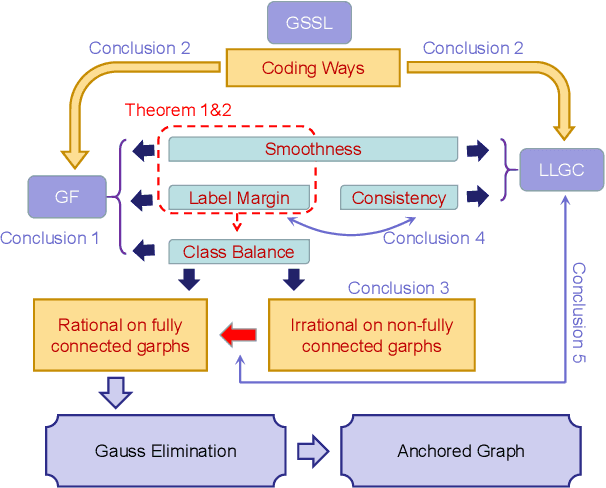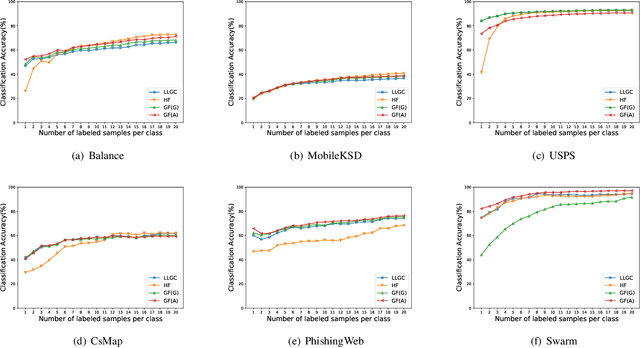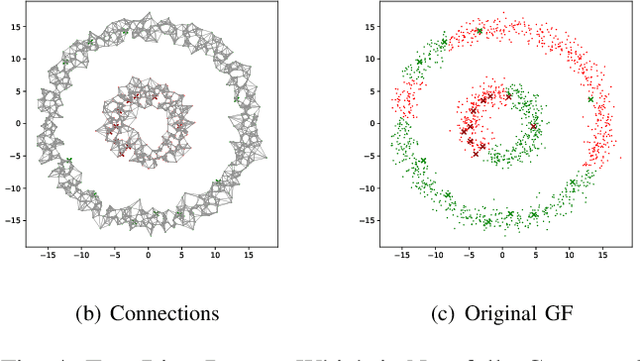Wei Chang
Optimizing Recall or Relevance? A Multi-Task Multi-Head Approach for Item-to-Item Retrieval in Recommendation
Jun 06, 2025Abstract:The task of item-to-item (I2I) retrieval is to identify a set of relevant and highly engaging items based on a given trigger item. It is a crucial component in modern recommendation systems, where users' previously engaged items serve as trigger items to retrieve relevant content for future engagement. However, existing I2I retrieval models in industry are primarily built on co-engagement data and optimized using the recall measure, which overly emphasizes co-engagement patterns while failing to capture semantic relevance. This often leads to overfitting short-term co-engagement trends at the expense of long-term benefits such as discovering novel interests and promoting content diversity. To address this challenge, we propose MTMH, a Multi-Task and Multi-Head I2I retrieval model that achieves both high recall and semantic relevance. Our model consists of two key components: 1) a multi-task learning loss for formally optimizing the trade-off between recall and semantic relevance, and 2) a multi-head I2I retrieval architecture for retrieving both highly co-engaged and semantically relevant items. We evaluate MTMH using proprietary data from a commercial platform serving billions of users and demonstrate that it can improve recall by up to 14.4% and semantic relevance by up to 56.6% compared with prior state-of-the-art models. We also conduct live experiments to verify that MTMH can enhance both short-term consumption metrics and long-term user-experience-related metrics. Our work provides a principled approach for jointly optimizing I2I recall and semantic relevance, which has significant implications for improving the overall performance of recommendation systems.
Fast Semi-supervised Learning on Large Graphs: An Improved Green-function Method
Nov 04, 2024



Abstract:In the graph-based semi-supervised learning, the Green-function method is a classical method that works by computing the Green's function in the graph space. However, when applied to large graphs, especially those sparse ones, this method performs unstably and unsatisfactorily. We make a detailed analysis on it and propose a novel method from the perspective of optimization. On fully connected graphs, the method is equivalent to the Green-function method and can be seen as another interpretation with physical meanings, while on non-fully connected graphs, it helps to explain why the Green-function method causes a mess on large sparse graphs. To solve this dilemma, we propose a workable approach to improve our proposed method. Unlike the original method, our improved method can also apply two accelerating techniques, Gaussian Elimination, and Anchored Graphs to become more efficient on large graphs. Finally, the extensive experiments prove our conclusions and the efficiency, accuracy, and stability of our improved Green's function method.
New Tight Relaxations of Rank Minimization for Multi-Task Learning
Dec 09, 2021


Abstract:Multi-task learning has been observed by many researchers, which supposes that different tasks can share a low-rank common yet latent subspace. It means learning multiple tasks jointly is better than learning them independently. In this paper, we propose two novel multi-task learning formulations based on two regularization terms, which can learn the optimal shared latent subspace by minimizing the exactly $k$ minimal singular values. The proposed regularization terms are the more tight approximations of rank minimization than trace norm. But it's an NP-hard problem to solve the exact rank minimization problem. Therefore, we design a novel re-weighted based iterative strategy to solve our models, which can tactically handle the exact rank minimization problem by setting a large penalizing parameter. Experimental results on benchmark datasets demonstrate that our methods can correctly recover the low-rank structure shared across tasks, and outperform related multi-task learning methods.
 Add to Chrome
Add to Chrome Add to Firefox
Add to Firefox Add to Edge
Add to Edge